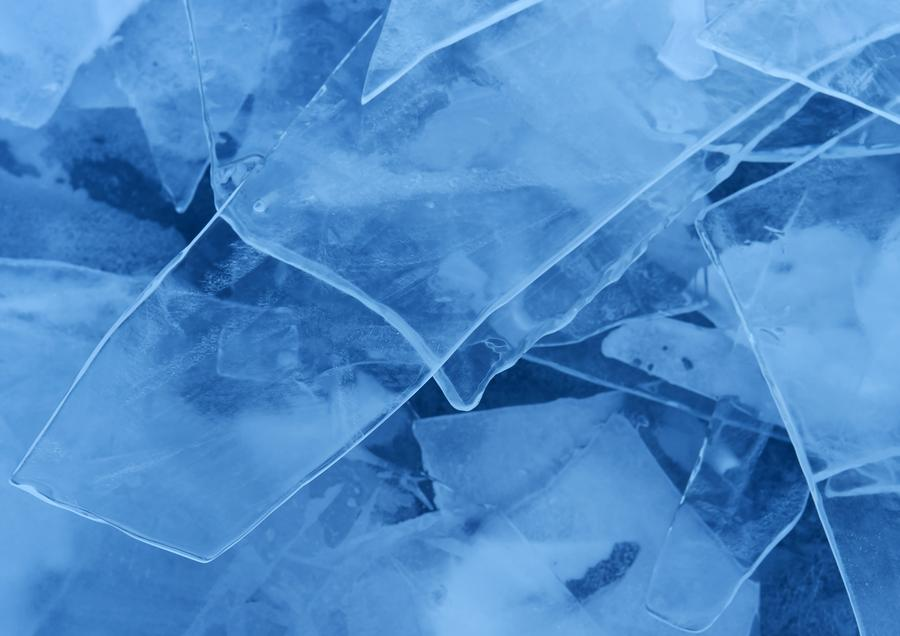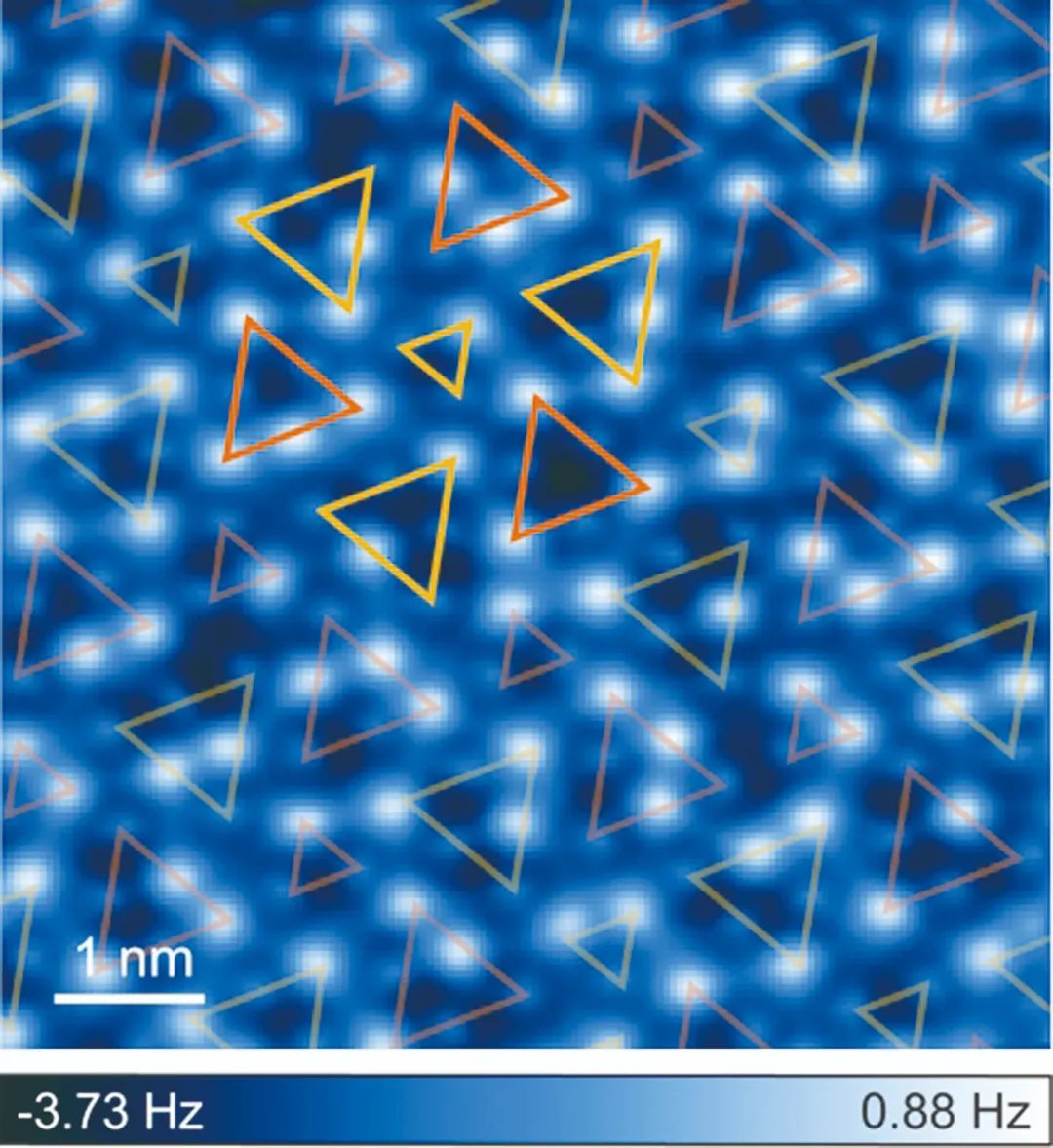(Xinhua/Guan Minghui)
Editor's note: For more than one and a half centuries, scientists had been debating the physical properties and behavior of the surface of the ice (e.g., how it could get so slippery). In a fresh publication in Nature, titled "Imaging surface structure and premelting of ice Ih with atomic resolution," researchers at Peking University present a "nail-in-coffin" explaination.
BEIJING, May 23 (Xinhua) -- A group of Chinese researchers has observed the atomic resolution image of an ice surface and discovered that the ice surface begins to melt at minus 153 degrees Celsius, according to a research article published in journal Nature on Wednesday.
Ice surface is an important medium for a variety of natural phenomena and atmospheric reactions, which has significant effects on ice formation, stratospheric ozone depletion and the electrification of thunderclouds.
Previously, the understanding of the ice surface was limited due to a lack of experimental methods at the atomic scale.
The researchers from the School of Physics of Peking University and Interdisciplinary Institute of Light-Element Quantum Materials used the domestic qPlus scanning probe microscope to develop an imaging technique that can distinguish hydrogen atoms and chemical bonds, accurately recognize the orientation of water molecules and precisely locate the distribution of dangling hydrogen atoms.
The surface of ice often begins to melt at temperatures below zero degrees Celsius, a phenomenon known as ice premelting, which is crucial to understanding the cloud formation and the melting of glaciers.
Fig. An atomic force microscope image reveals the structure of the surface of ice.
It was commonly believed that the starting point for ice surface premelting was about minus 70 degrees Celsius. The debate over ice surface structure and premelting mechanisms has persisted for more than 170 years.
With the help of temperature change experiments, the researchers observed the premelting process on the surface of ice at the atomic scale and discovered that the process begins at minus 153 degrees Celsius.
The study refined the long-standing knowledge of ice surface structure and its premelting mechanism, said Wang Enge, an academician from the Chinese Academy of Sciences.
This news article originally appeared in Xinhua with the headline "Researchers refine their understanding of ice surface premelting".
Source:
Xinhua News Agency
Edited by:
Dennis Meng

